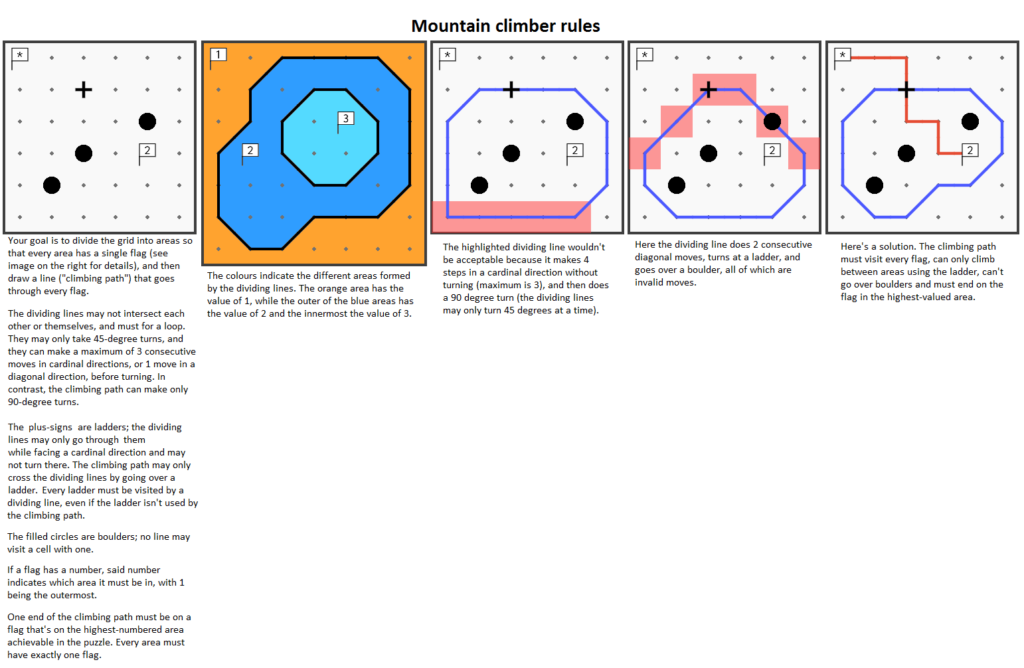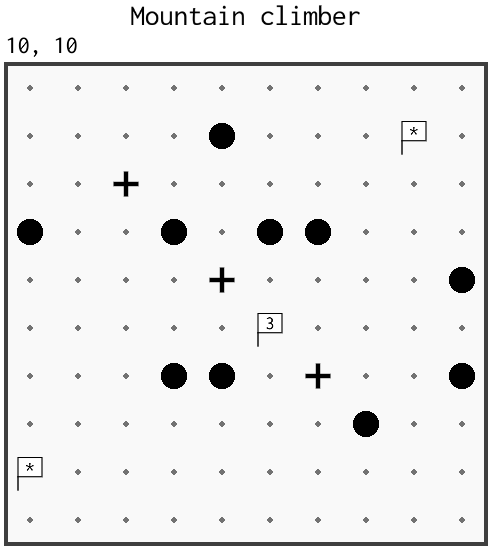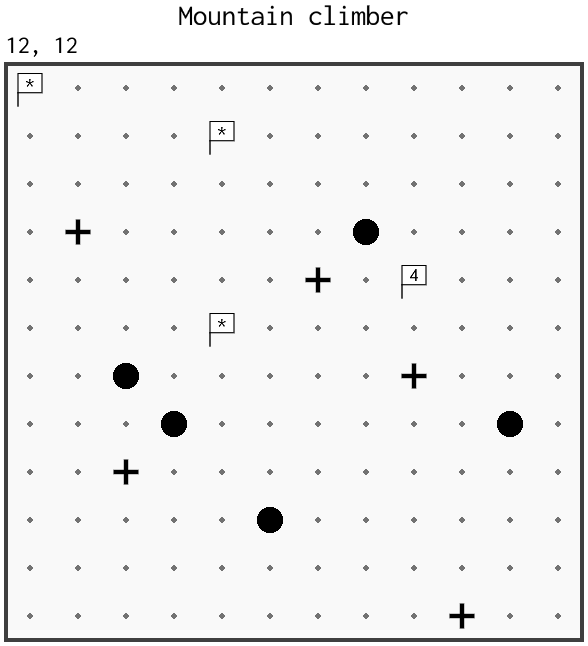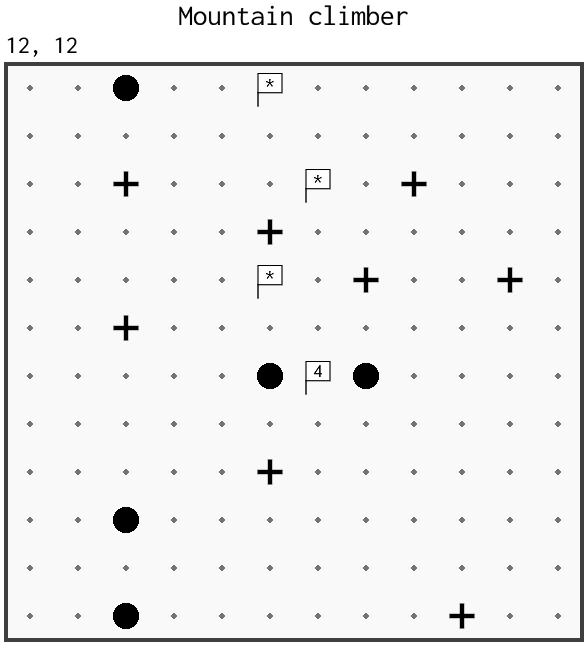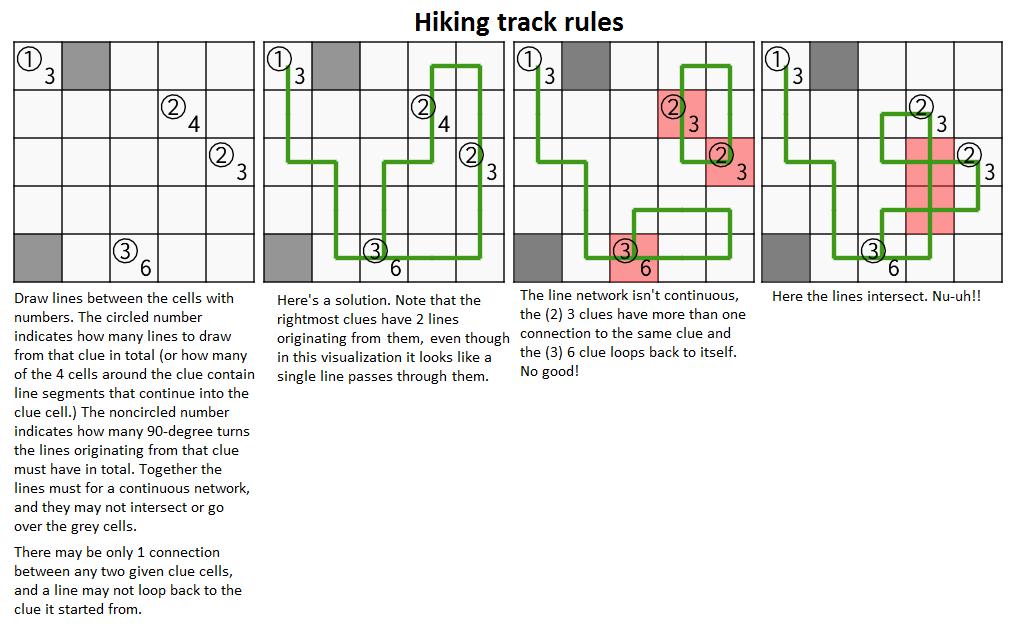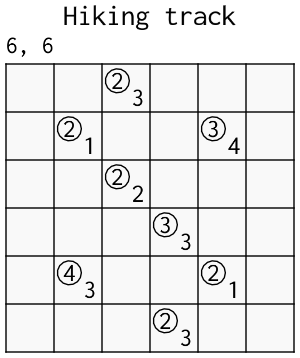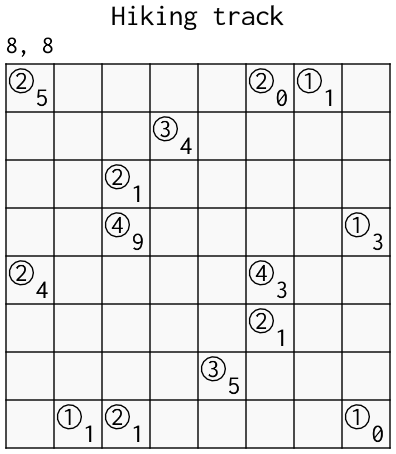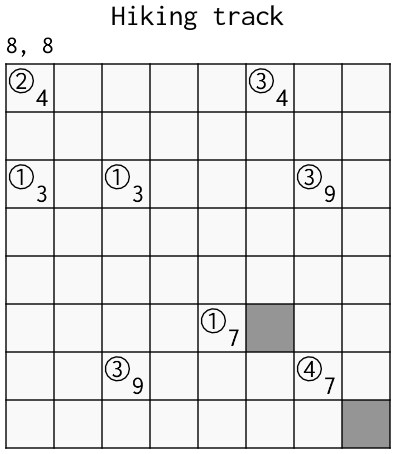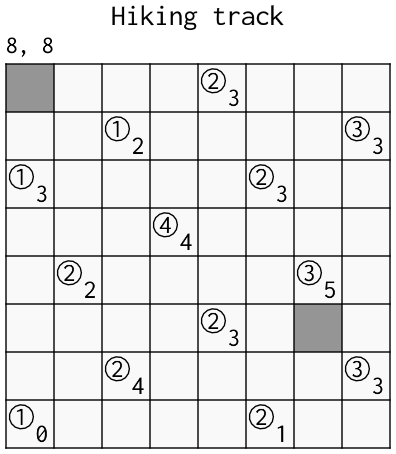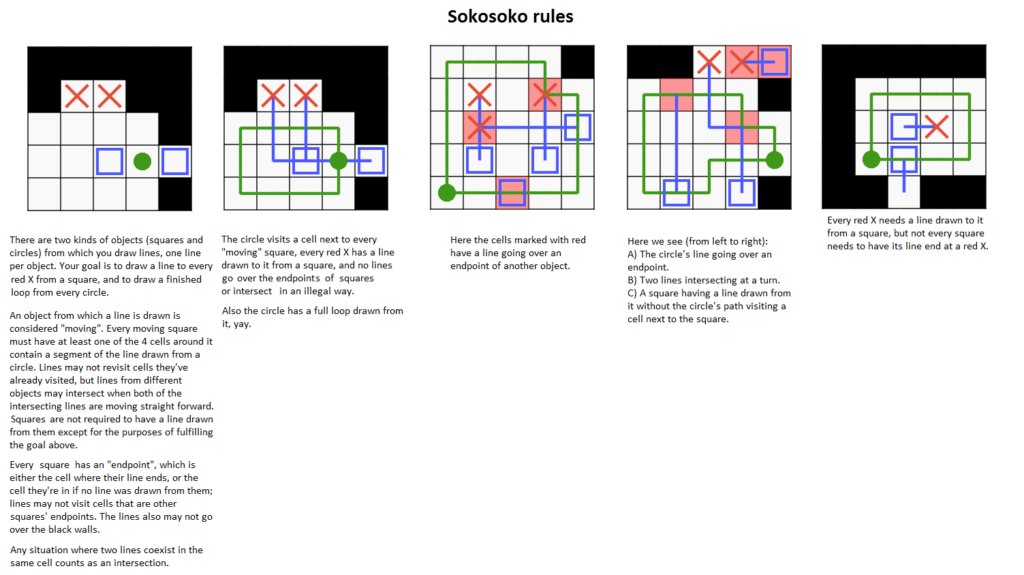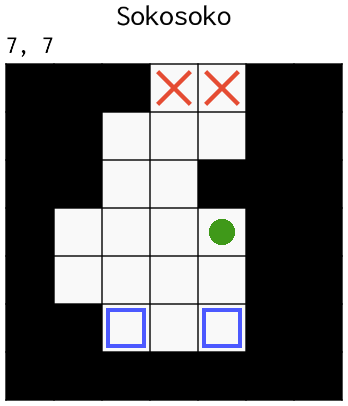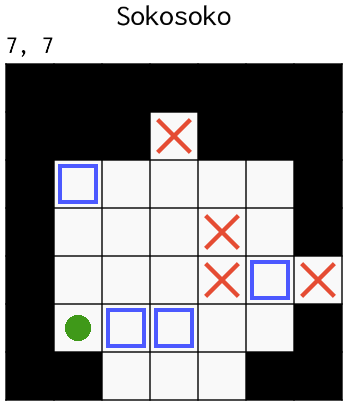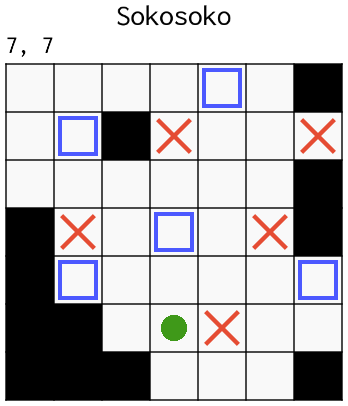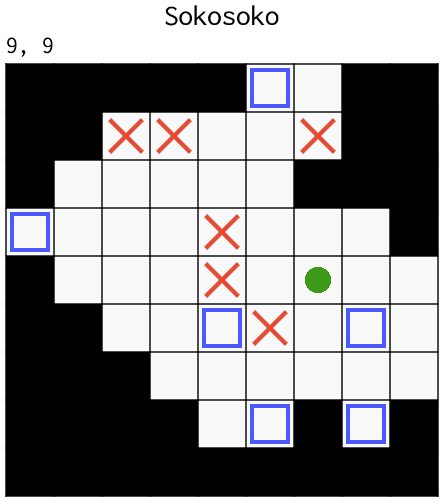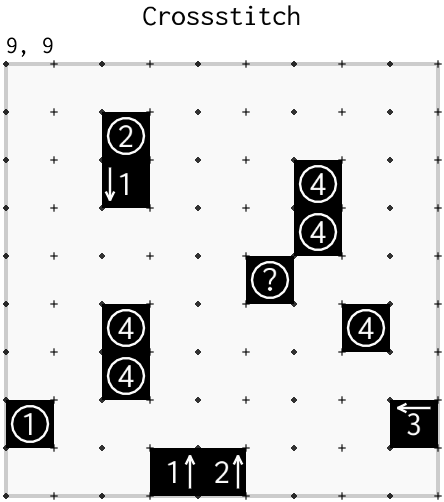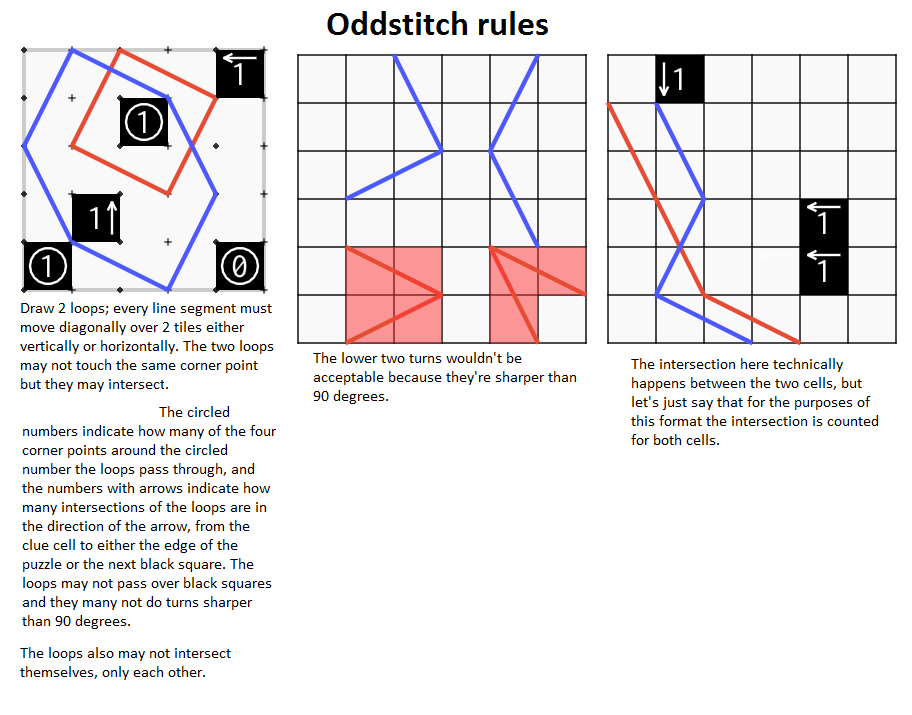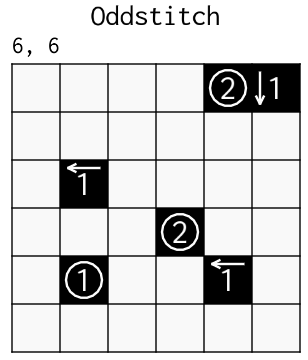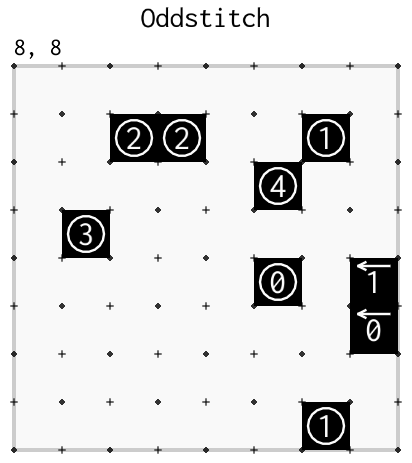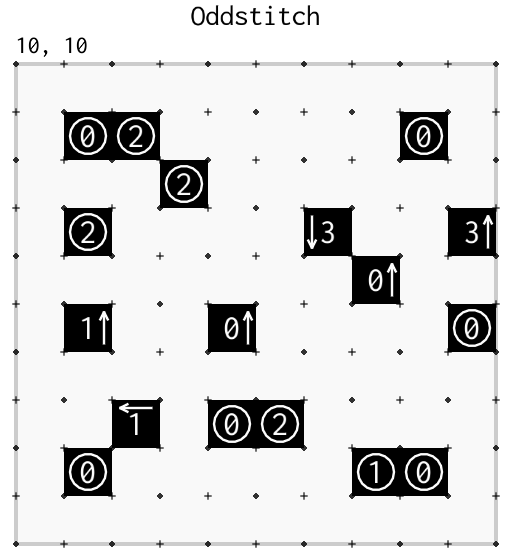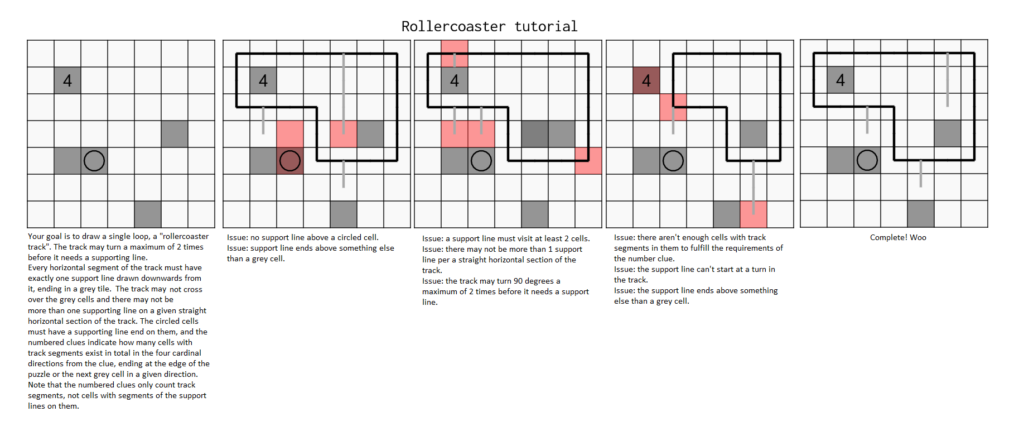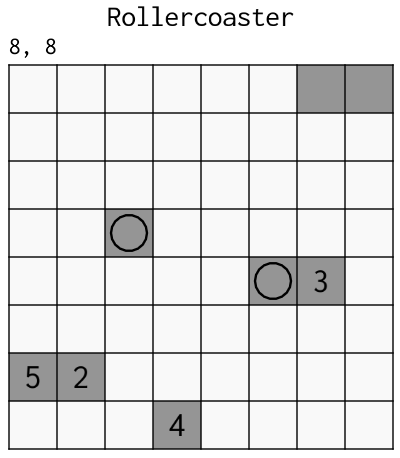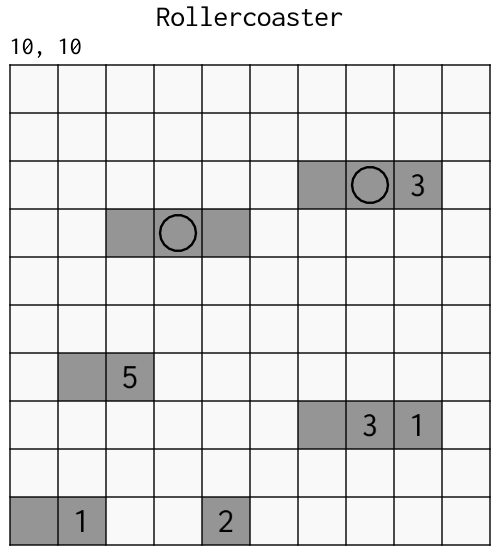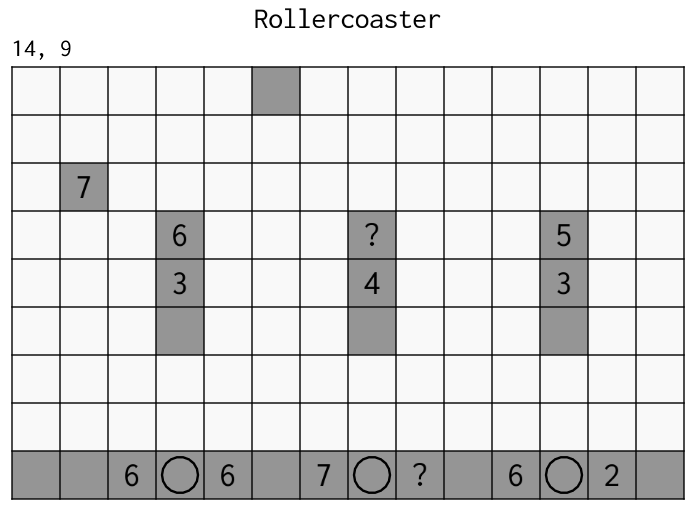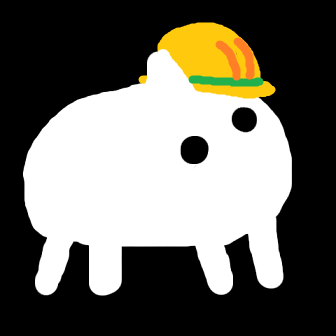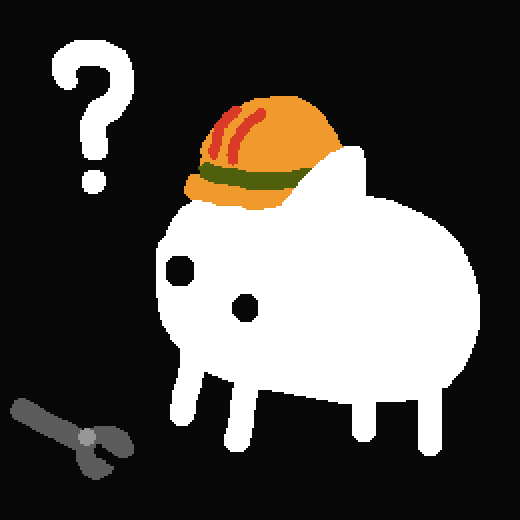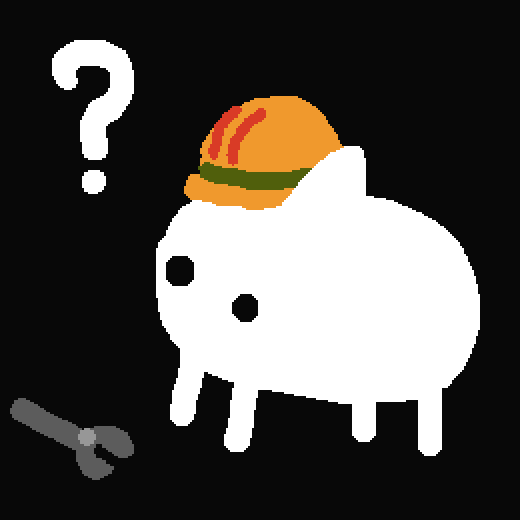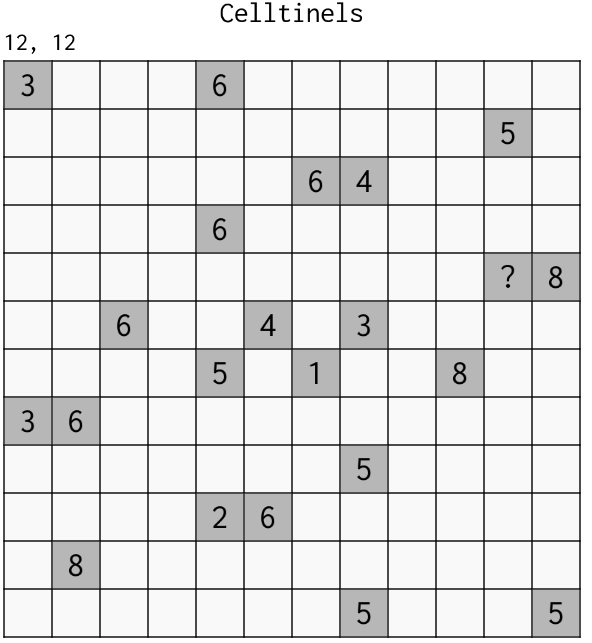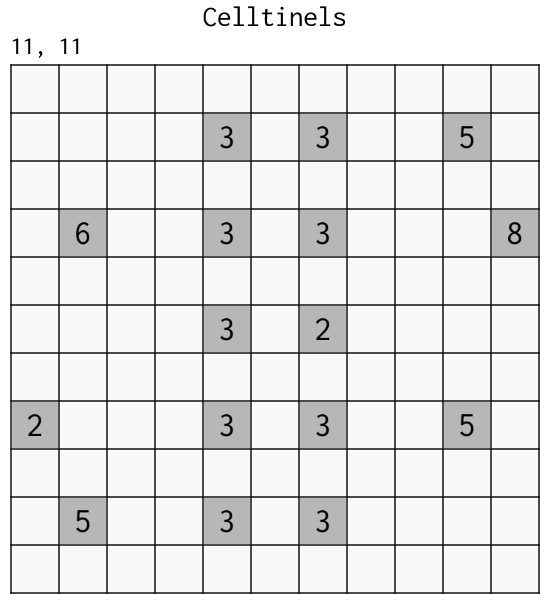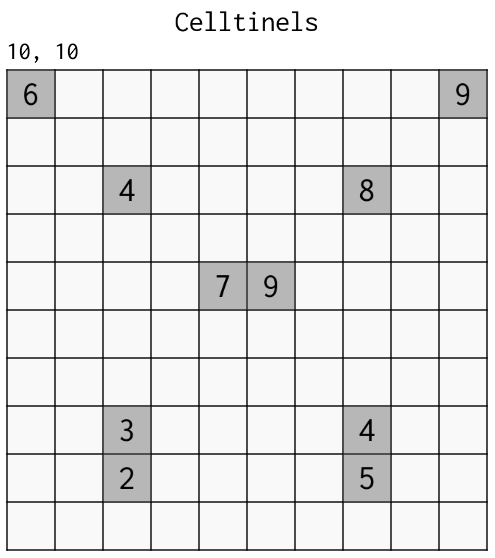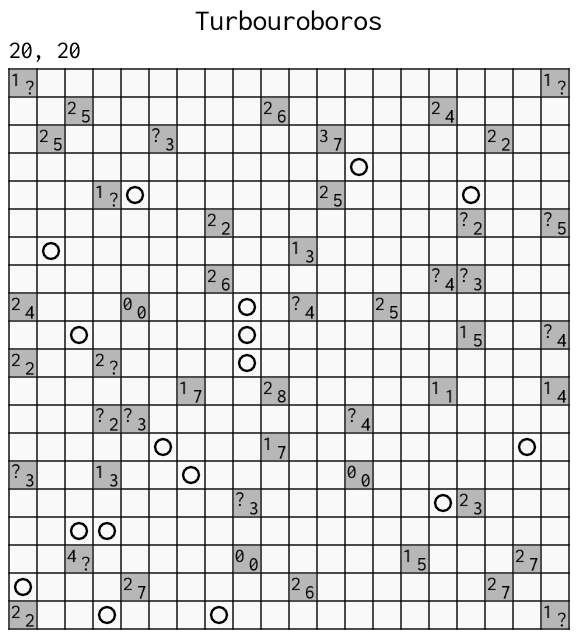Some notes about motivation
I was asked about staying motivated when working on a game project; specifically, I’ve mentioned several times having learned useful lessons on motivation from Nicklas Nygren, and I was asked what exactly I had learned. I ended up writing quite a few words about this, and I thought I’d post them here because why not. Here goes:
Initially I had a huge problem with keeping myself interested in a game project; I wanted to make big, ambitious games but lost motivation, usually really fast, and abandoned projects because of how cool mental images of other projects seemed, even if I ended up not really doing anything towards those, either.
Over time this has gotten a lot better, and there are at least 4 major reasons responsible for this that I can think of; one of them is the one I learned from Nifflas and others come from other sources. I’ll start with the two more obvious, mundane and “boring” ones:
- I’ve grown older. Part of the initial trouble was just that I was a pre-teen or teenager and had a generally very impatient state of mind. Some people might be different as kids, but for me maturing a bit helped because it gave me a better ability to resist impatience and short-term lack of fun. For reference, I was almost 23 when I felt like I had the biggest improvement in staying motivated (due to the next point.)
- I’ve had previous successes to encourage me. There are probably lots of aspects to this, some of which I might not be aware of, but I feel that even when I still had motivation problems, getting something actually finished worked in my favour in proving to me that that is possible at all; and using that proof as encouragement allowed me to approach slightly more ambitious ideas with the assumption that they might not be insurmountable. Especially useful here were my two early “largest” projects, Floating Islands Game in 2008 and Environmental Station Alpha in 2015. The former had only 35 levels but they were by my standards very detailed, and while working on the game took a long time due to phases of lesser interest, I feel that the project was part of this process of slowly building confidence in my ability to finish things. ESA was my first personal commercial game, and its development took 3 years due to my interest lapsing every so often, but (due to the reasons listed here) I managed to come back to it despite the lapses and get it done; ESA was large enough a game that I feel that after its release the motivation issue was very significantly diminished.
- I’ve learned to avoid what I once saw an article (on The Daily Click) call “Big Game Fever“. You know those game ideas that are mega-ambitious and seem like they just ooze really cool stuff that’d be so much fun to work on and see implemented? There’s a specific category of “dream games” that are extremely unlikely to ever get finished because the dream about them doesn’t include any of the bugs, issues, difficulties and design problems and concentrates instead on the inspiring, elements that are fun to think about. Some people can take a dream project like this and slowly make it a reality, but for the most part these kinds of game ideas have seemed to me like tempting dead-ends where I might get lured to abandon my existing projects to chase after a such an idea, only to lose motivation once the realization about the true workload that’d be required of me becomes apparent. Or what’s even more common, as soon as I open a new project to start this dream idea, I realize that I don’t really have the motivation to even begin because the things I was dreaming about are so late in the process of implementing everything that would be needed. It’d be disheartening to outright tell myself that these kinds of projects will never be made, but I’ve tried to make myself aware of this pattern and while I allow myself to keep dreaming and thinking of these kinds of game ideas, I keep reminding myself that I’ll get to them eventually, but not now. And maybe in some cases that’ll be true? Either way, thinking about these overambitious ideas can also bring inspiration for other projects, so that’s nice.
- Last but not least (this is the specific bit I learned from Nifflas): if you only work on a project when you have motivation or interest towards it, it’ll take a long time to get it done because there’ll inevitably be spots that aren’t fun to work on in the slightest but that nevertheless need doing. Therefore some method to get things done even when not feeling like it is needed; building a method of getting at least a little bit done every day (or every day you intend to get work done, that is) can be very very useful, because it means that the project progresses even during the lapses in interest, even if the progress is slow, and that you don’t mentally allow yourself to let go of the project and move on to other, seemingly more motivating projects. In some ways this method can be as simple as just telling yourself “I need to implement X; today I’ll do this small sub-part Y of it, and if I get that done, I can consider the day successful” and thus allow yourself not to be motivated while still getting a bit forward. Potentially once X is implemented, there could be a more fun thing on the list next that renews your interest? Obviously this has the caveat that sometimes a project e.g. turns out not to be as interesting as you hoped in general and the interest just never picks up again; it might be a hurdle to separate this from cases where the interest is just momentarily gone, but I’d imagine that there are signs that you can use for differentiation (for example what elements come to mind when you consider why you’re not feeling like working on the project.)
As an addendum to that last point, for me personally to-do lists have turned out to be great tools for keeping myself on track during times of less interest. This might be obvious, but I want to specifically mention this because I know some people don’t feel the same way and because there are specific tricks I’ve noted related to to-do lists that facilitate the positive effect. Namely, I’ve noted two types of unuseful/harmful to-do list entries that I need to avoid: large wholes condensed into a single entry, and ambiguously-scoped entries.
The former is bad because when your to-do list says “implement feature X”, you might spend a day working on said feature and at the end of the day look at your list and think “I implemented sub-features Y, Z and A of X, but the feature itself is still a bit buggy/unfinished”, and thus not get to mark the entry as done and not get the encouragement of feeling that the project went forward. Therefore for me it’s useful to break down every point into as tiny sub-entries as possible, so that when I actually get something done, it’s also reflected on the to-do list and I can get the “deserved credit” for work I did.
The second harmful type relates to to-do list entries that are vague and don’t have a well-defined endpoint. These for me are usually written like “think about X” or “try to figure out solutions to Y” and often relate more to game design issues than concrete coding problems. These are bad because if your goal is to “try to think about something”, you can technically spend forever thinking about it and still not be done in a meaningful sense. Of course at times you might find an answer you’re happy with and be able to state with confidence that you thought about it and found a solution; but oftentimes (for me at least) answers to design problems form over longer periods of time while slowly mulling over them in the back of my head. Thus these kinds of entries can again create a sense of “I’m not getting this thing done” and lessen motivation. Then again, you often do need to consider these more vague, more abstract design matters that might not have definite solutions; I’m not entirely sure how to make those work in the context of these to-do lists.
Lastly, I want to point out that what I’m saying here isn’t meant to be taken as some kind of encouragement to crunch; the point of my advice isn’t to answer the question “how to work and stay motivated even while burned out or on vacation”. It’s important to also decide times when you do other stuff, both because of your own health but also because it’s ultimately usually beneficial for your motivation, inspiration etc. as well. These points are more meant for days when you’d technically “want” or intend to work on your project but also don’t feel like it.
And that was it! I hope this was useful to someone.
